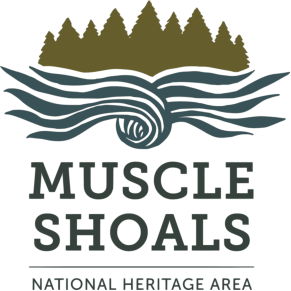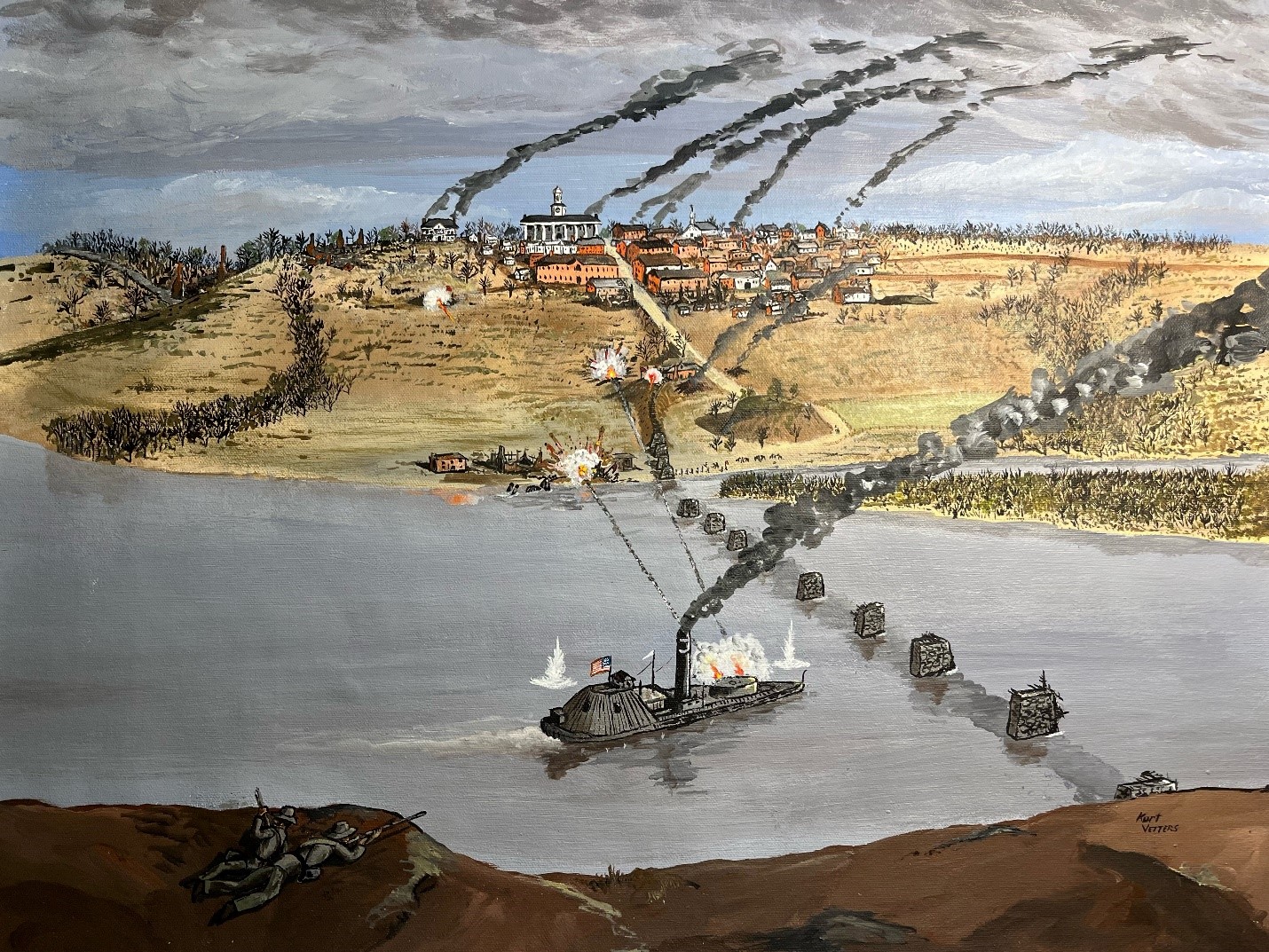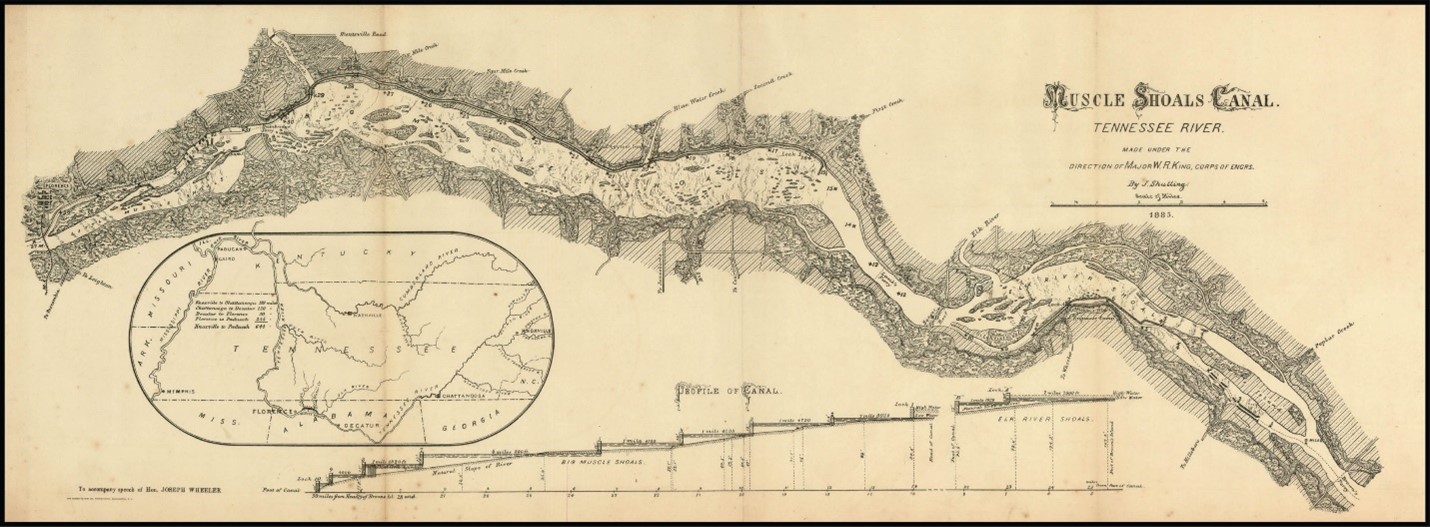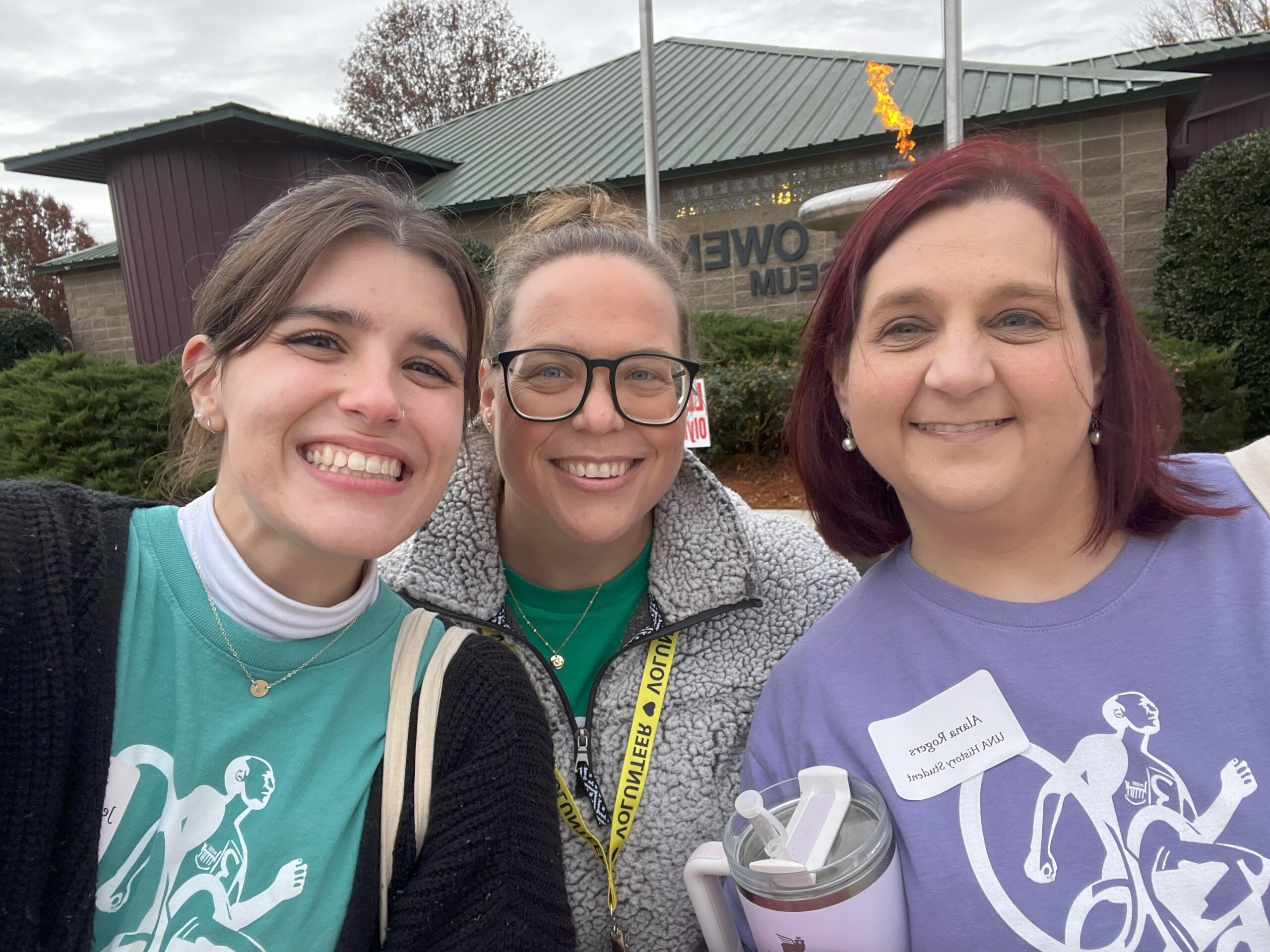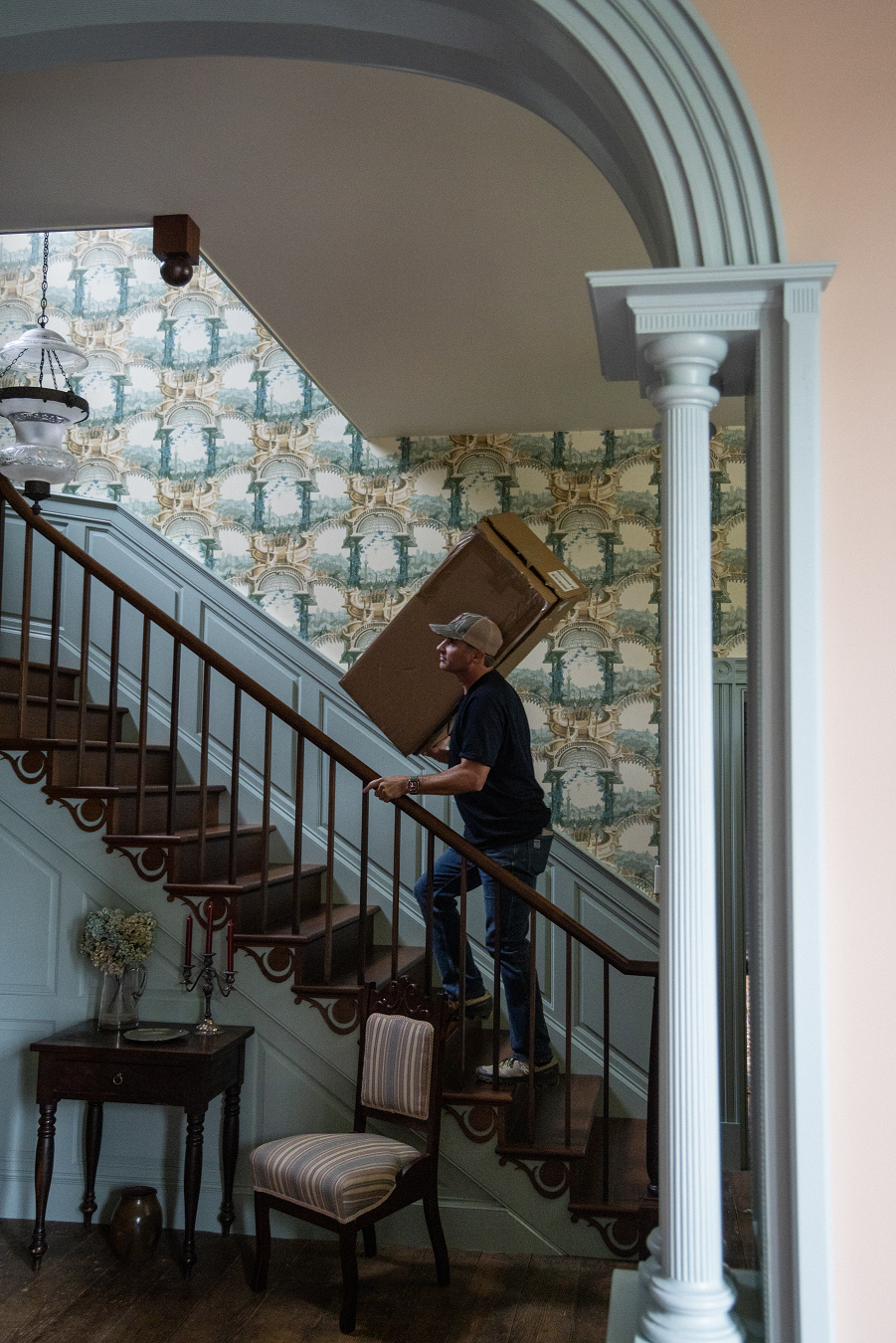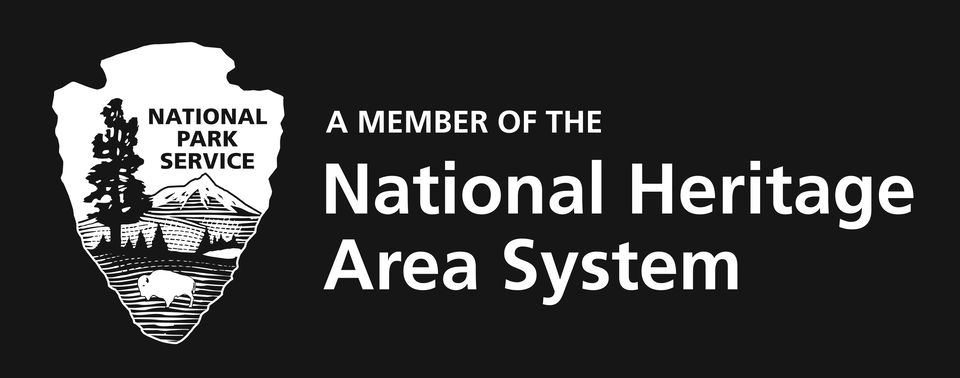By Jordan Collier
Assistant Genealogy and Local History Librarian
Florence-Lauderdale Public Library
Here’s a Civil War trivia question for you: Which (in)famous Union general crossed the Tennessee River at Waterloo in November 1863? (Hint — He became famous later in the war for “[making] Georgia howl” (those are his own words).
Answer: William Tecumseh Sherman
In September, 1863, following the ghastly Battle of Chickamauga, Federal forces were cowering in the tenuously held city of Chattanooga, while the Confederate army encircled them in the mountains to the south and east. The situation was bleak, as the Union army faced the prospect not only of defeat but starvation. In order to reinforce this shaky foothold, on Sept. 22 Major-General Ulysses S. Grant was ordered to send all his available forces out of Mississippi under command of a capable subordinate to shore up the Federal position at Chattanooga. For this he chose his close friend Major-General William Tecumseh Sherman.
 By Sept. 28, Sherman had boarded the steamboat Minnehaha at Vicksburg and was traveling up the Mississippi River to Memphis. His wife, Ellen, and six children had been visiting him in camp and were on the steamboat to go home. The water on the Mississippi was very low, and the passage was agonizingly slow. Tragically, Sherman’s eldest son, Willie, contracted a water-born illness — probably typhoid fever — and became critically ill. There was little the family could do. On Oct. 3, one day after arriving in Memphis, Willie died at the Gayoso Hotel. Sherman was devastated, but the urgency of his orders left little time to process his grief.
By Sept. 28, Sherman had boarded the steamboat Minnehaha at Vicksburg and was traveling up the Mississippi River to Memphis. His wife, Ellen, and six children had been visiting him in camp and were on the steamboat to go home. The water on the Mississippi was very low, and the passage was agonizingly slow. Tragically, Sherman’s eldest son, Willie, contracted a water-born illness — probably typhoid fever — and became critically ill. There was little the family could do. On Oct. 3, one day after arriving in Memphis, Willie died at the Gayoso Hotel. Sherman was devastated, but the urgency of his orders left little time to process his grief.
Three weeks after Willie’s death, Sherman and his three divisions entered north Alabama and were contemplating where best to cross the Tennessee River. Sherman valued the strategic value of the Tennessee, explaining to Admiral Porter on Oct. 26: “We are much obliged to the Tennessee, which has favored us most opportunely, for I am never easy with a railroad, which takes a whole army to guard, each foot of rail being essential to the whole, whereas they cannot stop the Tennessee, and each boat can make its own game.”
Nevertheless, the river was low and plans to send boats upriver to facilitate a crossing at Florence were thwarted by there being less than four feet of water on Colbert Shoals. As a result, Sherman decided to cross the army below the Shoals at Eastport, Mississippi, over to Waterloo. The advance division of Sherman’s army commanded by Brigadier-General Charles Ewing reached Florence on Octo. 30. Sherman crossed the river on Nov. 1.
One witness to Sherman’s brief occupation of Florence was the young diarist Sally Foster, resident of the Courtview mansion. Sally wrote on Tuesday Nov. 3: “Ever since Thursday the enemy have been here. On Thursday they came marching up in large force, both cavalry and infantry. We had been expecting nearly all day, so Dr. Mitchell dismissed school and we have not had any school since. A great many officers stayed here (I mean in our house) … When they first came in the stragglers knocked down all of the bee-hives and killed most of the chickens, so we had to catch the few they left and put them in the pantry. They camped on the male college hill, and in the college, and back of Mrs. Williams, and a great many places. A large army passed through today; and a great many yesterday. They have beautiful music. I was awaken [sic] this morning by them leaving, and also the beautiful music.”
By Nov. 6 Sherman crossed Elk River and left Lauderdale County behind. Under Grant’s leadership, the presence of Sherman’s forces successfully secured the Federal foothold at Chattanooga, pushing back the Confederates into north Georgia. And it set the stage for the 1864 spring campaign, when Sherman used Chattanooga to launch his famed “March to the Sea” — when Sherman will infamously “make Georgia howl.” The Shoals and the Tennessee River were one key steppingstone in this path. ##
